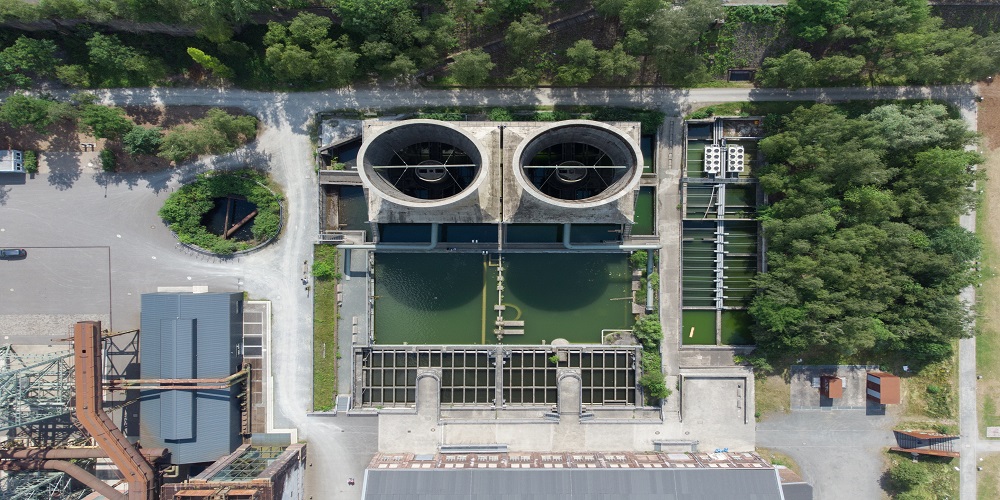The septic system is one of the most important elements in any home or property. Yet many people overlook its functions, which is a mistake. A major problem with a home’s septic system can necessitate a replacement. This can cost up to $10000. For this reason, regular maintenance is essential, which only costs an average of $300 every one to three years. Proper septic system maintenance and care can make it last more than 25 years. If you recently moved into a new house with a new system, expect the septic to last throughout the duration of your stay. If you bought the new home, expect the septic to last 25 to 30 years, at least. But only if you maintain and use it properly.

Below, we share some tips and tricks for proper septic system maintenance and care:
Pump the system regularly
Pumping the septic is an essential part of routine maintenance. During usage, solid wastes and sludge accumulate in the tank. The pumping process involves emptying the septic of these solids. If not, these wastes can build up, leading to blockage and system failure. The pumping frequency usually depends on the septic tank’s size, the number of people in the household, and the amount of wastewater produced. It is generally recommended to pump the system every three to five years.
Regularly Inspect the septic system
Regular inspection is necessary to detect leaks or other problems before it gets worse. A professional should inspect the system at scheduled regular times. Most people combine inspection with pumping for convenience. So that after inspecting, any problem detected gets fixed. Then the system gets pumped.
Use water efficiently
The septic system holds all the household’s wastewater. Excess water or wastage can overwhelm the tank and lead to failure. Use household appliances/items designed for efficient water usage. Examples of such items are high-efficiency toilets and showerheads.
Dispose of waste properly
Not everything is flushable. Proper waste disposal is an important part of maintaining the septic system in your home. Biodegradable toilet paper and human waste are the only things you should flush. Avoid flushing cooking oil, cigarette butts, sanitary pads, paper towels, or other waste that does not dissolve easily. Non-biodegradable products should not be flushed. These things can clog the system and cause it to fail before long.
Additionally, the routine inspection and maintenance should include the following:
- Inspecting and cleaning the drain field
- Replacing or cleaning the effluent filter
- Using bacteria additives
- Ensuring the lids are closed all the time.
All the wastewater in the household goes into the septic system. Many need to be made aware of its function and its importance in every household. Some overlook its importance and do not think about maintaining it. If you fall into one of these categories, hopefully, this post has changed that. The septic system needs regular maintenance to continue to function properly. Following these tips will keep it in great condition for years.

